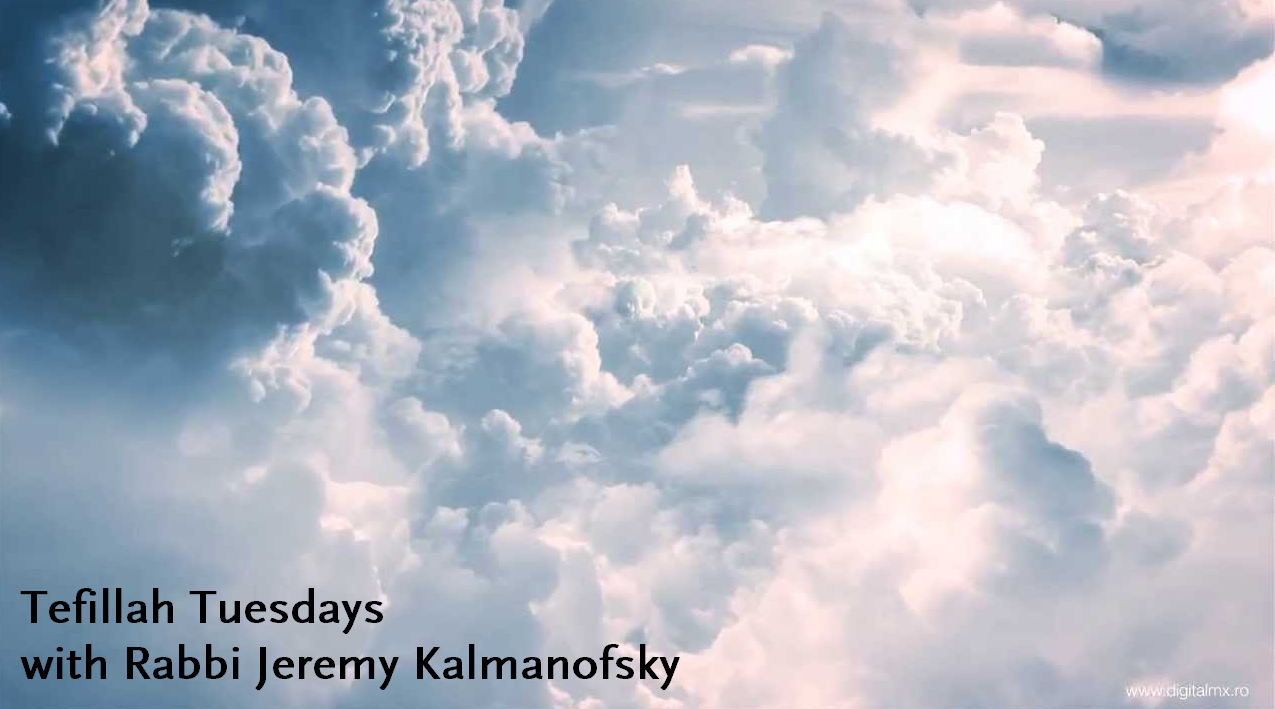Judaism is a perpetual “low-grade” meditation.
A “low-grade” fever is not acute, but has a steady, global effect on us. Similarly, Judaism has scant tradition of extended acute meditations, withdrawing from the world for days on end. But it is saturated with reminders and exercises for creating a global God-consciousness to carry with you all day long, morning, noon, and night, at home, at work, at play.
Two short examples from the preliminary morning prayers. First, a prayer [אשר יצר] designed to imbue you, upon waking and after each trip to the restroom, with mindful gratitude for your body:
Blessed are You, who created the human body wisely, arrayed with apertures and tubes. If what is open became shut and what is closed opened up, we could not endure. Blessed are You, wondrous healer.
Slightly later in the siddur (but thematically belonging to the first moments of waking up) comes a prayer for spiritual consciousness [א’להי נשמה]:
Lord, you endowed me with a pure soul, breathing it into my lungs. One day you will take it from me, but will return it to me in the world to come. As long as I breathe, I will thank you, Master of Spirits, who restores living souls to dead bodies.
One reason I love this little paragraph is how it analogizes waking each morning to the eschaton. Each morning your alarm goes off and you open your eyes, is a minor experience of the resurrection of the dead!
Especially, I am moved by the prayer’s allusion to the creation of Adam [Genesis 2.7]: The Lord God created the human from the dust of the earth and blew into his nostrils the breath of life. God does not touch Adam’s finger to enliven him, as Michelangelo had it, but kisses the human to life, through gentle, loving CPR. This prayer asks us to imagine God blowing life force into us, too, to sense divine breath swirling through our lungs.
R. Israel Baal Shem Tov, the 18th century founder of Hasidism, had a fine meditation on this theme [ליקוטים יקרים קל”ו], asking us to imagine humans and God sharing breath reciprocally, to awaken ourselves to the divine within:
In every pure, clear prayer, a person’s holy breath proceeds from his mouth and attaches to the heavenly breath, which in turns enters the person perpetually … A person’s breath travels from below to above and then returns from above to below. With this consciousness, it is easy to join the divine element within you to its source.
Tefillah Tuesday: Body and Soul





